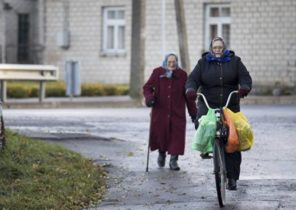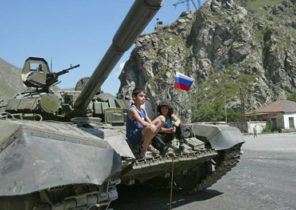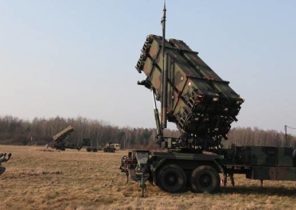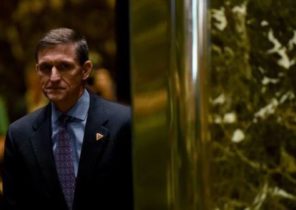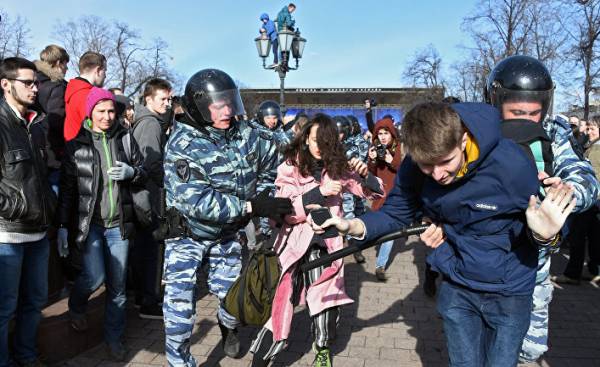
On a Sunny spring Sunday, the Russian opposition politician Alexei Navalny invited Muscovites for a walk, and come at least eight thousand people. Over the shoulder many of them were thrown sneakers. Unbiased observer, it might seem strange, but sneakers have signaled a protest.
Prior to that, Navalny founded, the Fund of struggle against corruption made a documentary about the Russian Prime Minister Dmitry Medvedev called “He’s not Dimon.” The film shows in any case is not harmless and helpless Medvedev, as it seems. Investigation Fund show that he owns the buildings, vineyards and even the two yachts.
Navalny called for a walk to push a state investigation against Medvedev. He protested almost one hundred Russian cities — in Moscow, the demonstration was not allowed. Therefore, the opposition stated that invites citizens to walk. Old athletic shoes was supposed to be a hint of the sneakers firm Nike, which Medvedev shakes.
Those who came not with sneakers, carried balloons in the shape of shoes or the ducks. Bird indicates that more investigation into Navalny, in which he stumbled to the country of ownership of Medvedev, next to which was a small house for ducks. Other demonstrators painted face with green paint — a reference to Navalny, who recently poured green paint.
Protest and without Bulk
Critical posters. Those demonstrators who had enough courage to show them, was arrested first. The news Agency Interfax said on 1030 detainees. Among them was the Bulk. He was taken to the police station within 15 minutes after the start of the demonstration. But the meeting continued without him.
And this is its value.
Formally, the theme was a protest against the corrupt Prime Minister, but for the participants it was about much more than that. Many Russians are unhappy. The government should resign, they said, the people have no money for survival, the country needs a change of system.
Almost half of the demonstrators were under 30 years of age, there were many students. Among the detainees there were 46 minor. These girls and boys called the “Putin generation”, because they know only Russia under Putin. However, they don’t want it anymore.
The older people are afraid they do not forget the upheavals of the 90-ies, in which many were poor. But the young people do not live in those bad times. They have no fear.
The stability that Putin promised them, for them, means little. They don’t want to consistently get enough money consistently to be afraid, to consistently rejoice in the fact that at least they are not sitting in jail.
As Putin reacts?
The government have nothing to offer them. Traditional values? The Annexation Of Crimea? Social conformity? Perhaps it is attractive for older people, but youth sees the Russian collapse. She no longer wants to listen to a story about the power of Russia.
Five years ago, in may 2012, there have already been similar protests. They were brutally suppressed. Today, the government is silent now. The majority of detainees, meanwhile, already released, with the exception of 120 men, who are accused of violating the order.
What will the government now? Perhaps it will declare that the protests were organized by foreign spies. Press Secretary of the President Dmitry Peskov said that the students seemed to be offered money for participation in protests. And that he knows this from “reliable sources”.
Possible further mass arrests and criminal trials. And, of course, propaganda is: we protect you from Moscow Maidan! But this time, repression may stay without result, at least in the long term. Ultimately, the suppression of protests in 2012 made today’s demonstrators to stay home.
Putin’s government is obviously not interested in the fact that to change something in the current system. But its propaganda less effective. Many young people deliberately do not watch TV and do not read any Newspapers of the state. They get information from the Internet. Probably the government knows this and intends to continue to limit the relative freedom of the Internet.
Today, however, one thing is clear: the protest movement in Russia is alive — and it goes out, despite the threats.
